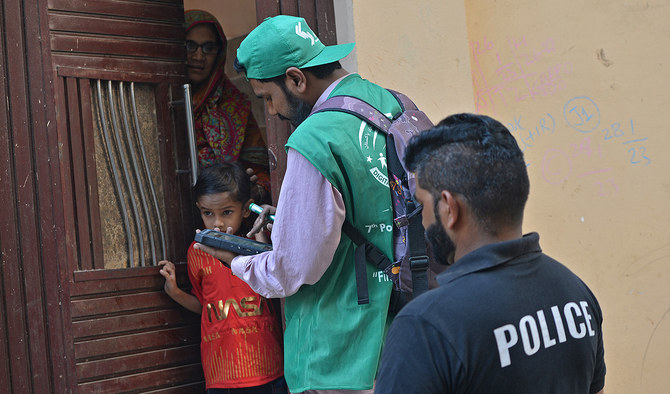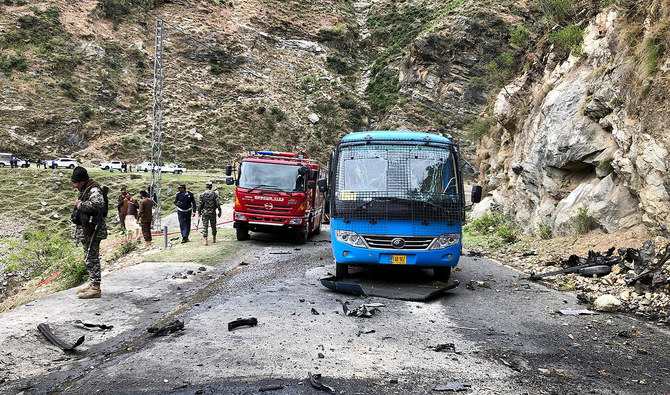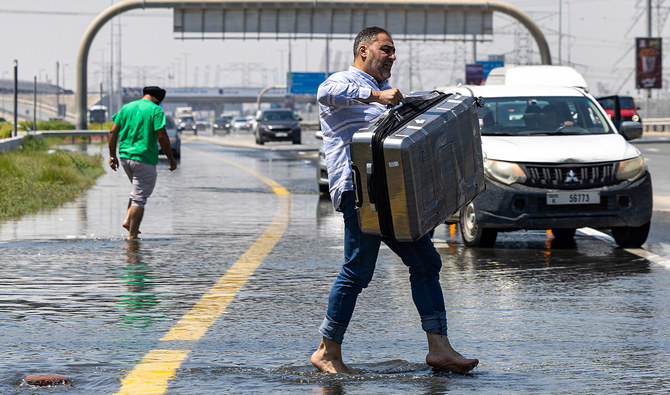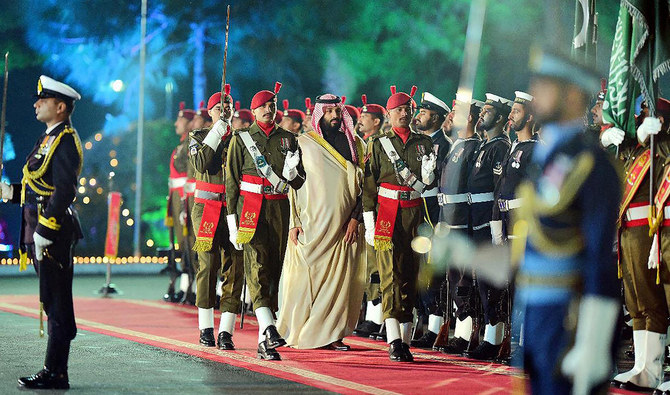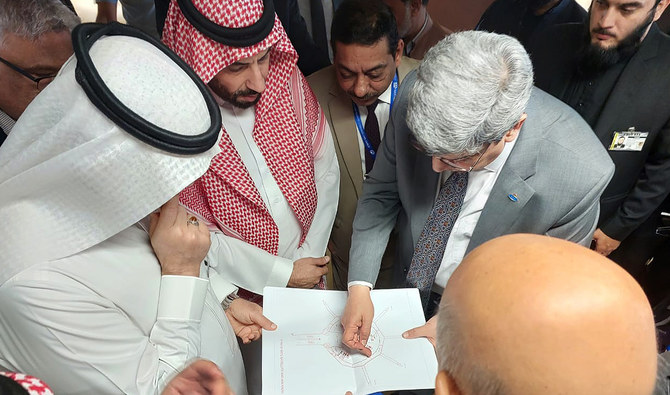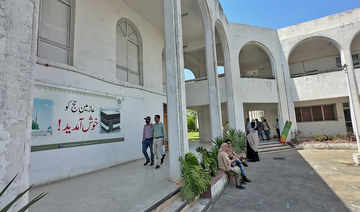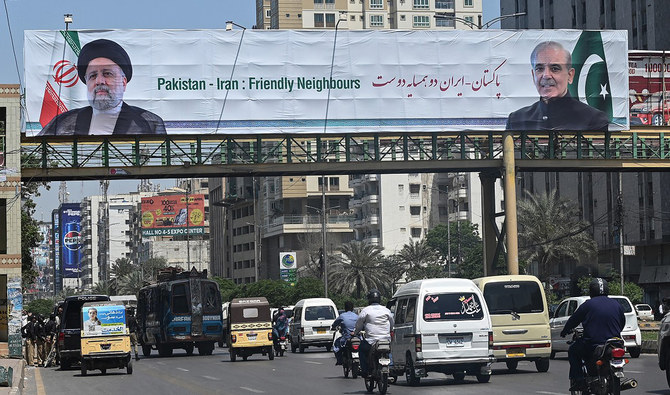KARACHI: Leading political parties in Pakistan's largest city of Karachi on Wednesday expressed doubts over the veracity of an ongoing census whose findings estimate that the megalopolis' population may decrease by 6.5 percent.
Electoral seats in Pakistan’s parliament as well as funding for basic services like schools and hospitals are assigned using population density data. Pakistan kicked off its first digital census process on March 1, with over 120,000 enumerators using tablets and mobiles to record population data. The South Asian country last held a census in 2017.
The southern port city of Karachi functions as Pakistan's economic hub where the census has always been marred with controversy. The city's prominent political parties, the Muttahida Quami Movement-Pakistan (MQM-P), Jamaat-e-Islami (JI) and Pakistan Tehreek-e-Insaf (PTI) have blamed the Sindh government, led by the Pakistan Peoples Party (PPP) of gerrymandering Karachi's elections by deliberately recording incorrect population data.
A report by the Pakistan Bureau of Statistics (PBS) issued on April 7, 2023, estimates a potential decrease of 6.52 percent in Karachi's population, from 16,024,894 in 2017 to 14,979,617 in 2023. The report says 90 percent of the census in the city has been completed.
As far as Pakistan's southern Sindh province is concerned, 95.25 percent of the census has been completed, with enumerators recording its population at 47,584,101 individuals. The overall population of Sindh in 2017 was 47,854,510, and it is expected to rise to 49,955,625.40 after the census is completed in all households, the report says.
The estimated decrease in Karachi's population by district category is 7.88 percent in District Central, 12.29 percent in District East, 13.32 percent in District South, 0.16 percent in District West, 7.07 percent in District Keamari, and 10.74 percent in District Korangi.
Interestingly, District Malir, considered the PPP's stronghold, is Karachi's only district where the population is expected to increase in this year's census. The estimated population count for Malir in the upcoming census is 2,119,874, which is at least 10.16 percent more than the population recorded in the 2017 census, which was 1,924,346.
"The Pakistan People's Party (PPP) will not accept it, God forbid, if the population of Karachi decreases," Sindh Information Minister Sharjeel Inam Memon told Arab News.
Javed Hanif, a provincial lawmaker, and member of the MQM-P’s central coordination committee, said his party could clearly see “malafide intentions” behind the census results in Karachi and its neighboring Hyderabad city. Historically, the MQM-P has held sway over the two cities.
“There seems to be a malafide intention to deprive Karachi of whatever little it has. Almost 100 percent of the enumerators are employees of the Sindh government who haven’t counted the population of Karachi properly,” Hanif told Arab News.
The lawmaker said Karachi's population had increased mainly due to two factors: natural growth and internal migration.
“As we had serious reservations over the census of 2017, the results of the ongoing census and estimates are further problematic and incorrect,” he added.
The MQM-P leader said his party had recently met Prime Minister Shehbaz Sharif and Planning Minister Ahsan Iqbal to discuss the census. “If our concerns are not addressed, we may consider quitting the government as protecting the rights of the people of Karachi is of foremost importance to us,” he added.
Sindh Minister for Labour Saeed Ghani said while the enumerators were indeed Sindh government employees, they are not "in our control" as they are working with the PBS.
“The element of secrecy should be eliminated, and transparency should be brought so that objections raised may be checked and addressed,” Ghani told Arab News.
JI Karachi chief Naeem-ur-Rehman said the enumerators are "untrained and there is issue with [Karachi's] maps."
"People of Karachi will not accept any more deception in the name of digital census,” he said, calling for the formation of a committee comprising informed stakeholders to rectify the situation.
Abdul Jabbar Nasir, a senior election reporter, said if the final results show Karachi's population has decreased, a few seats of the national and provincial assembly may be moved from the port city to other parts of Sindh.
“The results of the census will directly impact representation of the city in national and provincial legislatures,” he said.



